Avoiding period leaks: Pros and cons of cups, pants and tampons
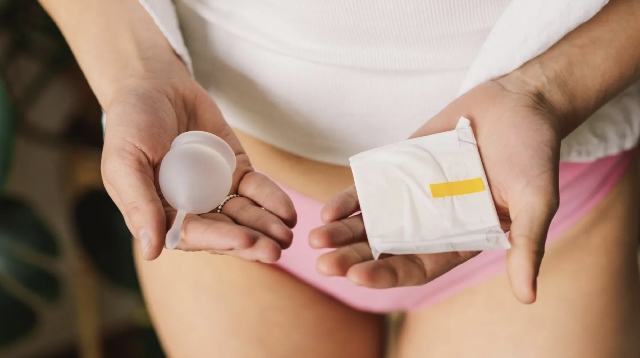 Getty Images (Pic): Finding the right period product for you can be a difficult task
Getty Images (Pic): Finding the right period product for you can be a difficult task
For many of us, our first lessons about periods were brief and practical, often limited to learning how to use pads or tampons.
Alongside these traditional options, there's now a wider range of products available, including reusable options such as menstrual cups, period pants and washable pads.
Making the choice about which one is best for you can be overwhelming. You might wonder how these products work and whether they're foolproof enough to put the fear of bleeding through your clothes at bay.
Dr Tempest, a consultant gynaecologist at the University of Liverpool, spoke to Radio 4's Sliced Breadabout how each product works and the pros and cons to help you decide which might suit you best.
Menstrual cup
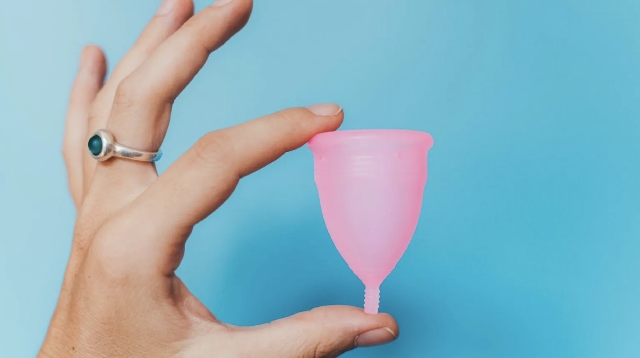 | Getty Images (Pic):
| Getty Images (Pic):
Menstrual cups are small flexible cups made of medical-grade silicone.
You fold and insert them into the vagina, where they collect blood rather than absorbing it.
Dr Tempest says there are different types of cups available to buy based on how heavy your flow is or whether you've had children.
Hygiene is also really important so make sure you wash your hands before you insert the cup and clean the cup between uses, she adds.
Pros
* The most eco-friendly period product
* Holds up to three times more blood than a tampon
* Can be worn for up to 12 hours
* Reusable for years - they can last up to 10 years but between two and four years is the average
* Cost effective over time
Cons
* Takes practice to insert and remove
* May take time to find the right fit
* Messy to empty, especially in a public toilet
* Needs sterilising between cycles
* Larger upfront cost which can be around £20 to £25
Period pants
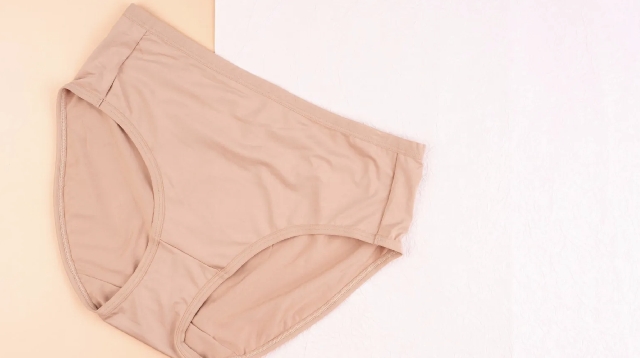 | Getty Images (Pic):
| Getty Images (Pic):
Period pants are underwear with built-in absorbent layers. You wear them like normal pants then rinse, wash and dry them for reuse.
They're particularly popular for sleeping or on lighter days.
Leakage worries are normal but Dr Tempest says they are reliable for most people and have a built-in waterproof layer and odour lining.
Pros
* Looks and feels like regular underwear
* No shifting around and last between six and eight hours
* Reusable and eco-friendly - they last between two and three years
* Can be layered with other products for extra protections
Cons
* Can have an expensive upfront cost - prices start from around £10 and go up to £50
* Requires washing and drying between uses
* May not be absorbent enough for heavy flows
* Inconvenient for travel without access to laundry
* Will need to carry a used pair home with you if changing them during the day
Reusable pads
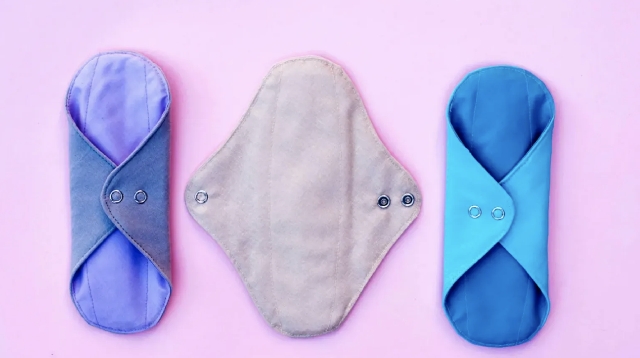 | Getty Images (Pic):
| Getty Images (Pic):
Reusable pads look similar to disposable ones but are usually made from cotton or bamboo and fasten around your underwear with poppers.
Instead of throwing them away, you rinse, wash and dry them to use again.
Pros
* Softer and more comfortable to wear than plastic-based pads
* Eco-friendly so popular if you're wanting a more sustainable option
* Variety of sizes and absorbencies
* Cost effective over time
*Can last between three and five years
Cons
* Need to be washed after each use
* Requires planning - they must be dried properly between uses says Dr Tempest as damp fabric against your skin can increase the risk of infection
* Bulkier than disposable pads
* Less convenient if you're out of the house as you'll need to carry the used ones home with you
Disposable Pads
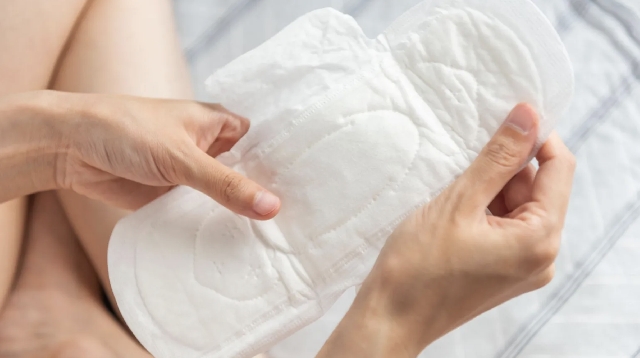 | Getty Images (Pic):
| Getty Images (Pic):
Disposable sanitary pads are the most commonly used period product - they stick into your underwear, absorb blood externally and are wrapped and binned after use.
Dr Tempest advises changing pads regularly (every four to six hours) and they shouldn't be worn for more than eight hours as they can irritate the skin if worn for too long.
Pros
* Simple to use
* Widely available in many different sizes from ultra-thin to thick night pads
* Good for overnight protection
* Can be more comfortable for beginners
Cons
* Can feel bulky or shift out of place
* Not practical for water-based sports, such as swimming
* Environmentally harmful - an average pack of pads holds the same amount of plastic as five carrier bags according to Dr Tempest
* More expensive than reusable options over time - women spend around £5,000 on period products over a lifetime
Tampons
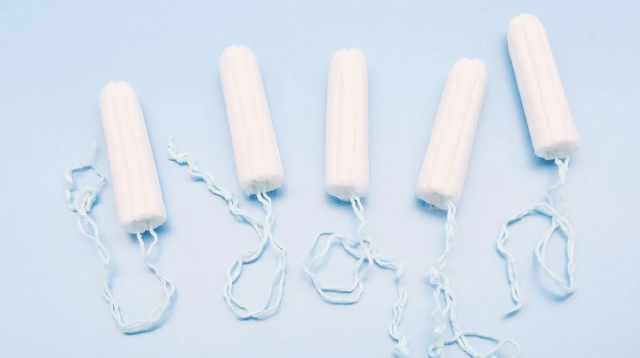 | Getty Images (Pic):
| Getty Images (Pic):
Tampons are also commonly used and inserted into the vagina, where they soak up blood before it leaves the body.
Dr Tempest stresses that they must be correctly disposed of.
Every day, 2.5 million tampons are flushed down the toilet when they should be placed in a bin.
Pros
* Discreet and small enough to carry in a pocket
* Good for sports and swimming
* Range of absorbencies
Cons
* Requires insertion which some people may find uncomfortable
* Low risk of Toxic Shock Syndrome (TSS) if worn for too long
* Environmentally unfriendly
* More expensive over a lifetime compared to reusable products
Source: bbc.com
Trending Entertainment

Mzbel says mislabeling and media narratives have hurt her career for years
16:03
“Charging for shows is not a sin” — Esther Smith breaks silence on why gospel musicians take money
12:19
Slim Buster gives Stonebwoy 'tough love' advice, rebukes infatuation with numbers hampering cross-generational collaborations
00:38
Tears force a pause in court as Daddy Lumba’s sister defends late musician’s marital status
10:09
Sabrina explains viral single and says teamwork drives her success
17:50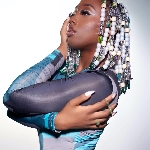
Sabrina praises Ghana’s warmth and youthful energy
17:42
Nollywood actor Odira Nwobu dies in South Africa aged 43
16:50
Ghana Tourism Authority CEO welcomes Africa to Accra for Creative Africa Connect Conference
15:47
GMMB inaugurates new governing board to strengthen Ghana’s cultural heritage
15:24
Kwesi Pee urges unity to give Daddy Lumba a “befitting rest” amid ongoing disputes
15:33




